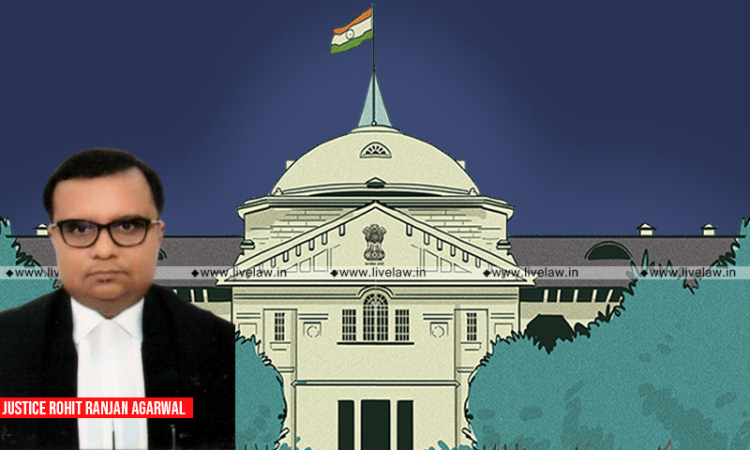Courts Can't Dictate Landlords In What Manner They Should Live Or Prescribe A Residential Standard For Them: Allahabad High Court
Sparsh Upadhyay
28 March 2022 9:00 PM IST

Next Story
28 March 2022 9:00 PM IST
The Allahabad High Court has observed that in rent disputes, it is no concern of the Courts to dictate to the landlord how, and in what manner, he/she should live or prescribe for him/her a residential standard of their own.Referring to the Apex Court's ruling in the case of Prativa Devi (Smt.) Vs. T.V. Krishnan 1996 (5) SCC 353, the Bench of Justice Rohit Ranjan Agarwal also stressed that...
